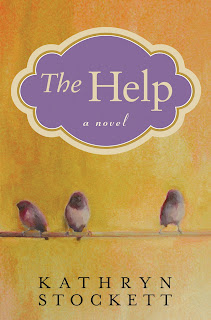“He’d had glimpses of it, what the household had, the way the kids smelled after their baths, the reflexive ease of shared flesh and blood, the love and sex at the heart of the marriage like a furnace heating the whole place.”
 When Death of an Ordinary Man starts, Nathan Clark, a retired history teacher and amateur archaeologist from Devonshire, has woken up dead. It is the day of his own funeral, and he is able to move unseen around his family and friends as they mourn, listening in on their conversations and even their thoughts. Nathan has no idea how or why he died and spends the rest of the book trying to work this out, while his wife Cheryl, father Frank, best friend Adrian and teenage children Luke and Gina attempt to come to terms with his death. As he goes back in time to crucial moments in his life, including the haunting disappearance of his youngest daughter Lois, Nathan’s memories become darker and more frightening – there are no angels in this afterlife, just a room in his house that he never knew was there, with a mysterious door he feels compelled to open. This is a sad, thoughtful work of literary fiction and a deeply moving portrait of family life.
When Death of an Ordinary Man starts, Nathan Clark, a retired history teacher and amateur archaeologist from Devonshire, has woken up dead. It is the day of his own funeral, and he is able to move unseen around his family and friends as they mourn, listening in on their conversations and even their thoughts. Nathan has no idea how or why he died and spends the rest of the book trying to work this out, while his wife Cheryl, father Frank, best friend Adrian and teenage children Luke and Gina attempt to come to terms with his death. As he goes back in time to crucial moments in his life, including the haunting disappearance of his youngest daughter Lois, Nathan’s memories become darker and more frightening – there are no angels in this afterlife, just a room in his house that he never knew was there, with a mysterious door he feels compelled to open. This is a sad, thoughtful work of literary fiction and a deeply moving portrait of family life.Read a biographical essay written by the author in the New York Times here.








